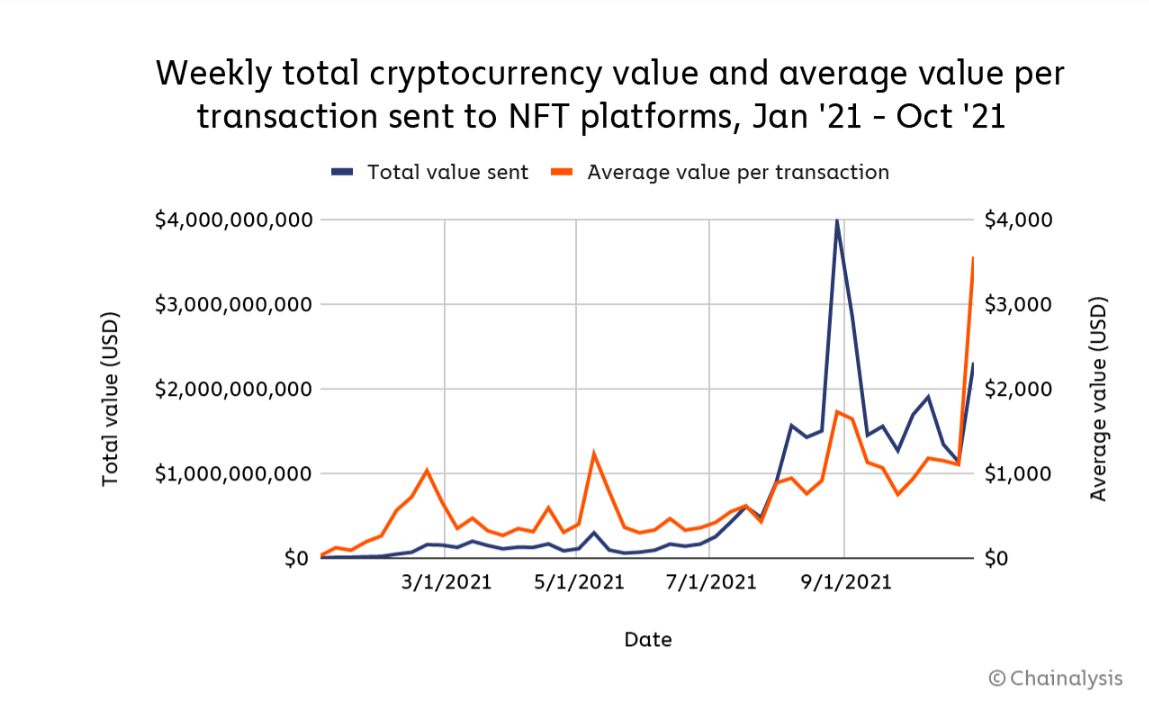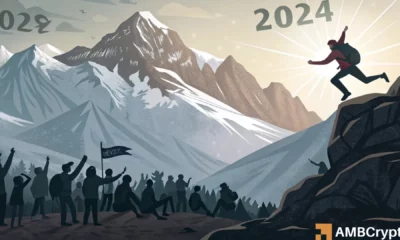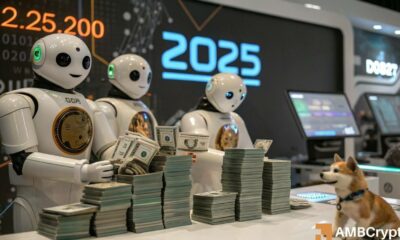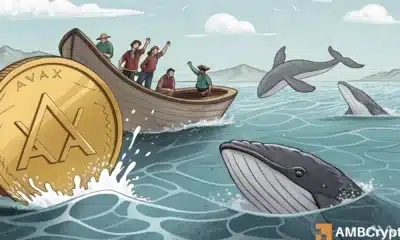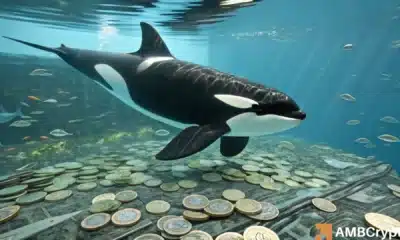Can the link between DAOs, NFTs accelerate the adoption of Web3?
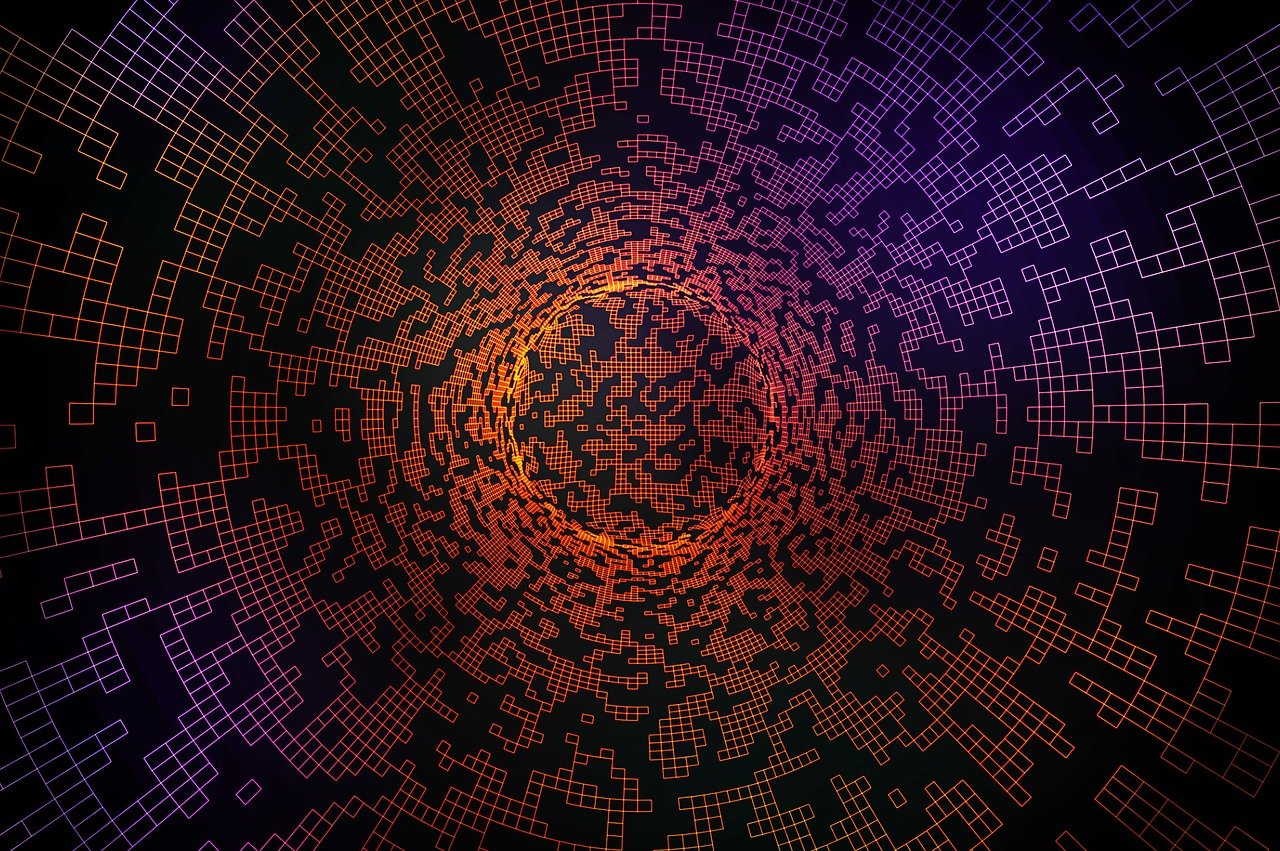
Imagine a world that instead of being controlled by closed-door board room meetings and backroom lobbying, is operated by distributed governance on open-source networks. This vision is what blockchain-based decentralized autonomous organizations (DAO) are hoping to fulfill by creating platforms that replace traditional hierarchies and are governed by token holders.
In essence, DAOs are purely Internet-native organizations that lack a central leadership and are instead, operated through on-chain rules solidified in a smart contract. This allows for a bottom-up decision-making process whose consensus is achieved through voting. This part is where cryptocurrencies step in and act as governance tokens that allow holders to partake in all major decisions.
While it might sound like a recent buzzword fueled by the Web3 mania, DAOs have in fact been in existence for years. During this time, they have managed to capture a significant market share of the cryptocurrency industry and many popular DeFi projects like UniSwap are in fact DAO governed.
They fit perfectly into the utopian decentralized Internet envisioned by web3 enthusiasts. One that is free of central gatekeepers and promotes collective ownership.
Creation of the creator economy
DAO’s vision of an ownership-based economy is also shared by the non-fungible token (NFT) sect, which preceded the DAOs in being crypto’s ‘next big thing’ this year. This can be evidenced by the same breaking Google trend records and becoming Collins Dictionary’s word of the year.
While NFT sales volumes surged to $2.5 billion in the first half of 2021, by the beginning of December, users had sent at least $26.9 billion worth of cryptocurrency to Ethereum contracts associated with NFT marketplaces and collections. Archival documents, digital animals, music, memes, and even tweets are being tokenized and sold for millions of dollars, while also providing artists and creators with virtual marketplaces in a world steadily migrating to digitization.
Although their popularity this year was certainly fueled by cryptic art collections including The Bored Apes Yacht Club and CryptoKitties and marketplaces like OpenSea which facilitate a bulk of the traffic, the main utility of NFTs lies in their ability to provide secure and public proof of unique ownership.
What have NFTs got to do with it?
Of late, some DAOs have been created with the sole purpose of buying NFTs, amassing large treasuries to make notable purchases such as buying a rare Wu-Tang Clan CD for $4 million. Another even unsuccessfully tried to buy a rare copy of the U.S Constitution by raising funds to the tune of $20 million in the form of ETH.
While it is tough to debate who is behind the rise of who, NFTs and DAOs have now evolved into a symbiotic relationship. One that is triggering the growth of both sectors. But, how are DAOs aiding in the governance and development of NFTs? And, will both be able to secure a spot on Web3?
To answer this question, one must look into how both entities are related and how their ecosystems are collectively evolving.
While NFTs are digital assets, DAOs are ways to govern organizations through tokenization. While artists can turn their creations into blockchain-based assets to ensure security and verifiability, DAOs help in communal ownership and governance of these assets. DAOs also help up-and-coming creators to forge communities that will help with crowdfunding, investment, support, and marketing, which can be incentivized through future profits.
Powering the growth of public ownership
To make this happen, creators will have to sell their NFTs to a DAO, which will then mine a currency and exchange it for collective or part ownership of the NFT. While the NFT will act as a backing asset to the DAO’s currency and provide it with value, the token ownership will ensure that DAO members have a say in governance.
They would then be able to vote on the fate of the NFT and also derive profit from the token’s possible price appreciation. Both the NFT and the token for which it will act as collateral are likely to grow in value due to the NFT’s uniqueness, non-interchangeability, and subsequent scarcity.
Along with aiding small-time artists, DAOs can also provide a channel to invest in blue-chip NFT projects which would otherwise require shelling out millions of dollars. One such project operating on this model is PleasrDAO, which claims to be a collective of “DeFi leaders, early NFT collectors, and digital artists” that are raising funds to buy high-valued NFTs which are collectively paid for and owned by the DAOs members or token holders.
FIVE POINT FIVE MILLION from @PleasrDAO. It feels like the whole staff of @FreedomOfPress is watching live, and we've never seen anything like this. This is more than a spectacle — this is drama. All eyes turn to the dark horse. https://t.co/GOcrOiraXS
— Edward Snowden (@Snowden) April 16, 2021
Similar to this is FlamingoDAO, which “aims to explore emerging investment opportunities for ownable, blockchain-based assets” by allowing members to develop and deploy NFT-focused investment strategies. Furthering NFT’s foothold in DeFi, the protocol also allows members to vote for fractionalizing its NFT holdings to be lent or used as collateral in other DeFi platforms.
Another DAO has even taken the long shot to attempt buying the Chicago Bulls basketball team. The DAO sold NFTs to act as admission tickets into its Discord servers and governance tokens. The project’s goal is to drive away ownership of sports teams from billionaires and into the hands of enthusiastic fans. The Krause House closed its NFT sale last month after collecting 1000 ETH valued at over $4 million.
Much like sports, another major space within the NFT sector is music, with many artists big and small turning their melodies into unique digital assets. The MODA DAO has taken this a step further by making these digital tokens act as a governance tool for artists and their managers to control royalty contracts.
This allows for the eradication of middlemen found in traditional streaming services. The protocol recently completed a funding round of around $5 million which saw contributions by top artists like Deadmau5 and Richie Hawtin.
Collective gains = Collective losses
Although increased awareness and positive regulatory measures surrounding DAOs have definitely led to a surge in their acceptance, a major roadblock continues to remain in the form of security threats. The same was outlined in the recent exploit suffered by the BadgerDAO protocol. It cost its investors around $120 million.
In fact, one of the first DAOs, known simply as The DAO, was meant to operate as a venture capital fund for the crypto and decentralized space. Instead, it was hacked to the tune of $70 million or 15% of the entire ETH supply at the time, while also fueling a major hard fork on the Ethereum network.
Clearly, a DAO hack resulting from exploitable bugs can be especially harrowing for investors that have participated in raising a large pool of money. These concerns are further exacerbated by the permanence of smart contracts and the risks of providing control to a huge number of investors.
Middlemen Begone!
Regardless of these drawbacks, the DAO-NFT duo is undoubtedly contributing to the birth of a new creator economy. One that will be based on both unique and collective ownership, allowing for greater participation and interaction between creators and owners while eradicating the need for profit-eating centralized middlemen.
As the world gears up for the transition to a new phase of the Internet, such ownership structures will ensure that all levels of investors are able to participate in its creation and operation.
To safeguard their codification and technical needs from acting as barriers to adoption, projects such as the UpStream Collective have also emerged to simplify the creation of DAOs and ensure that the vision of Web3 does not remain unfulfilled.

